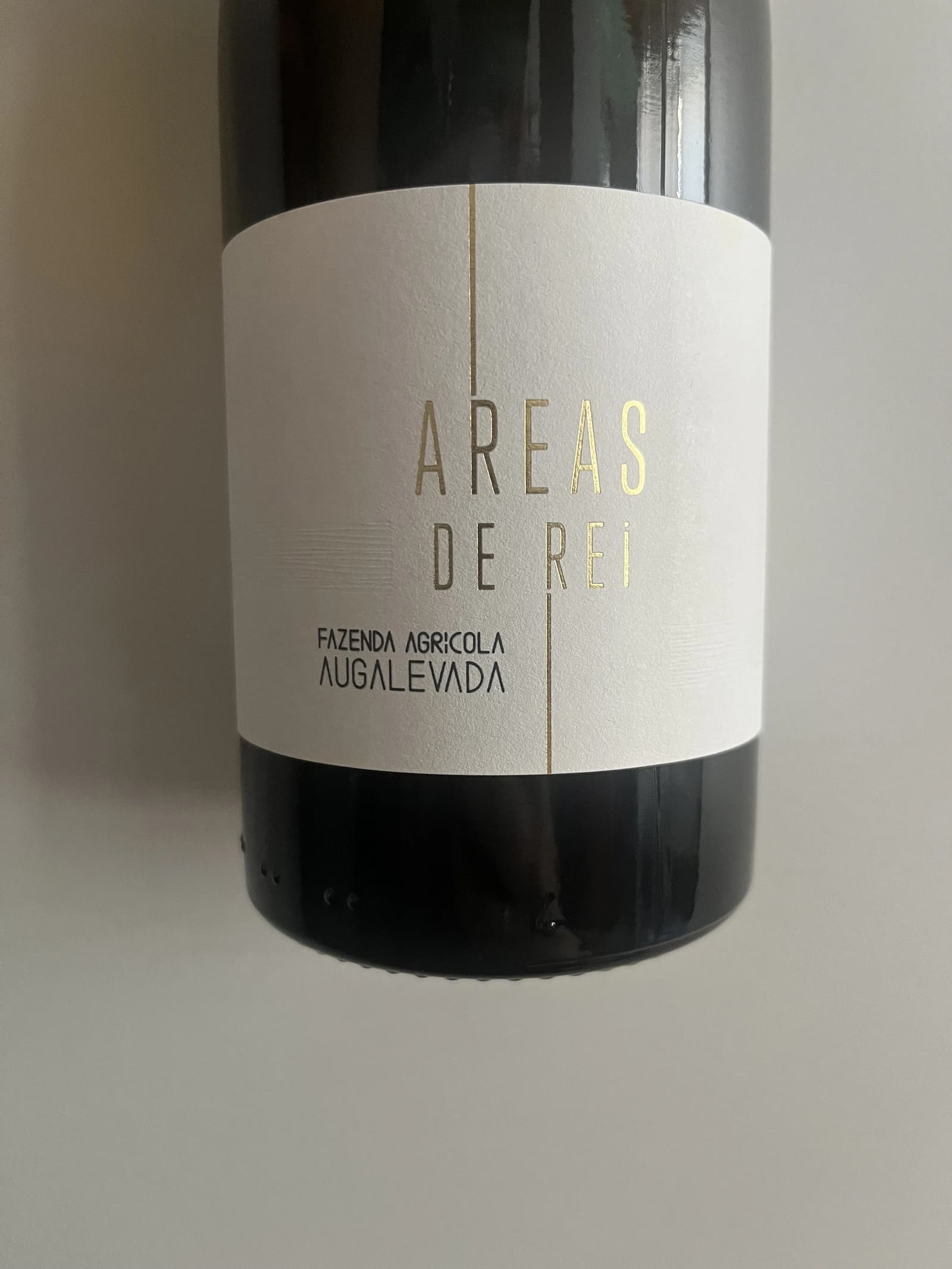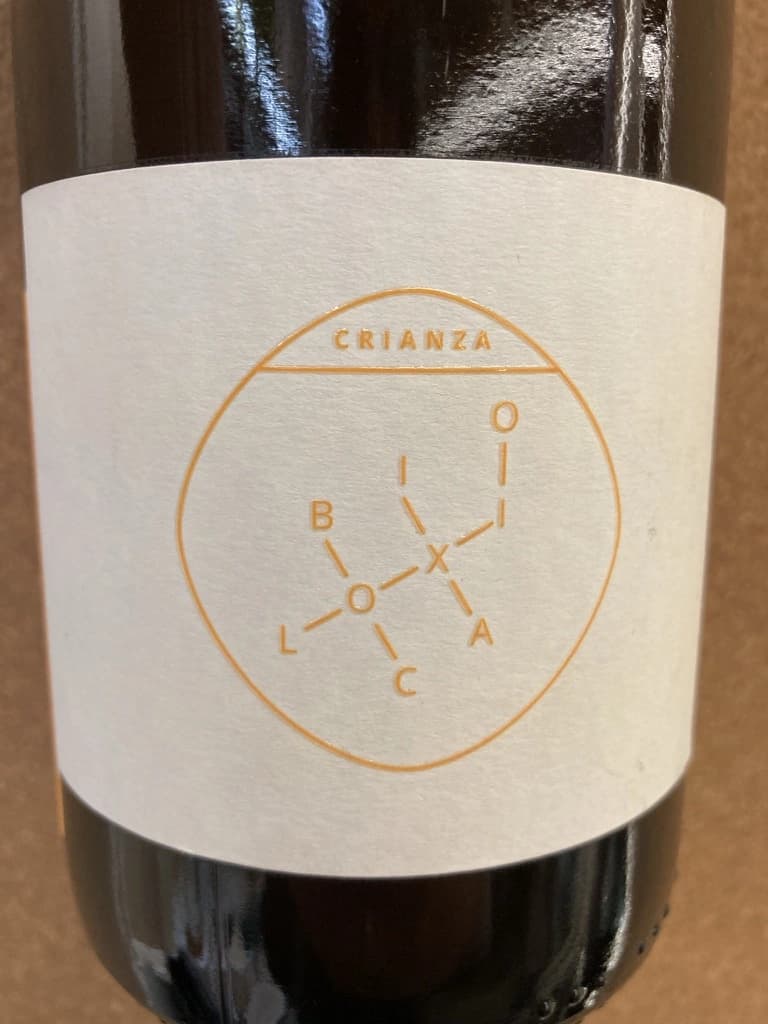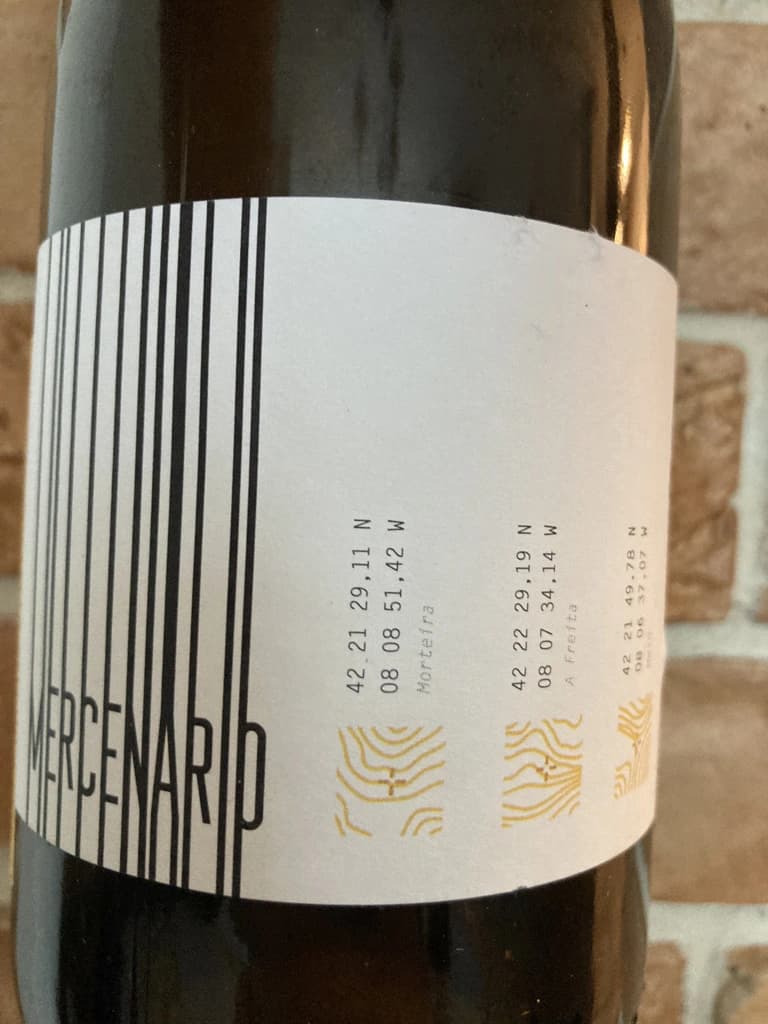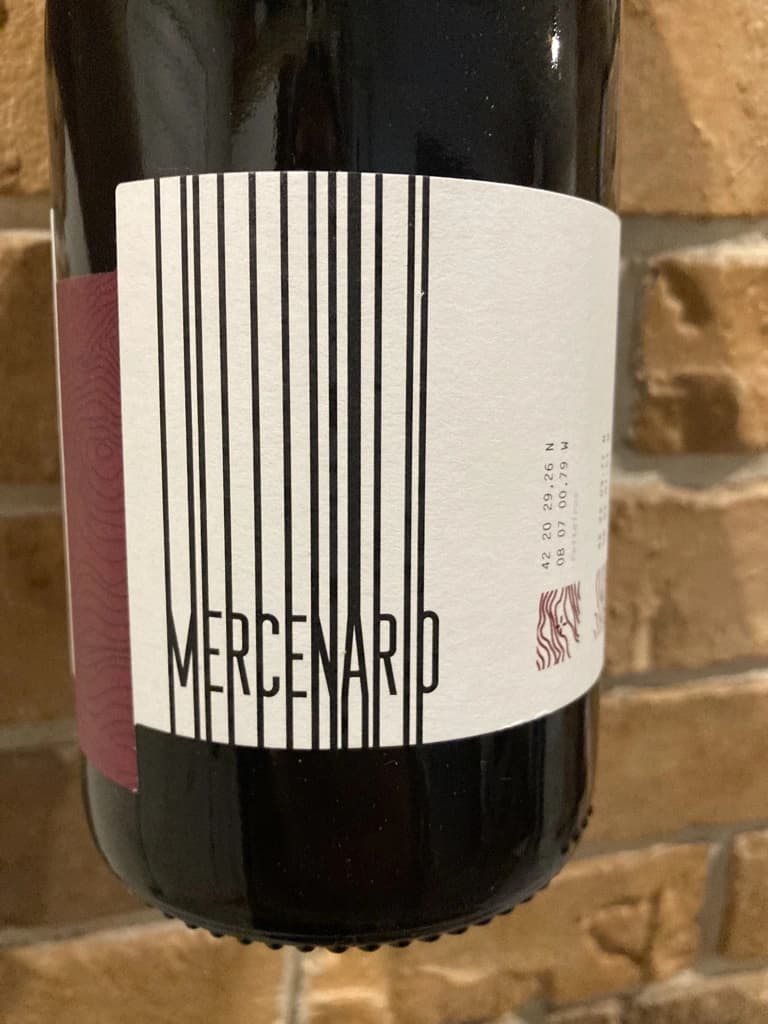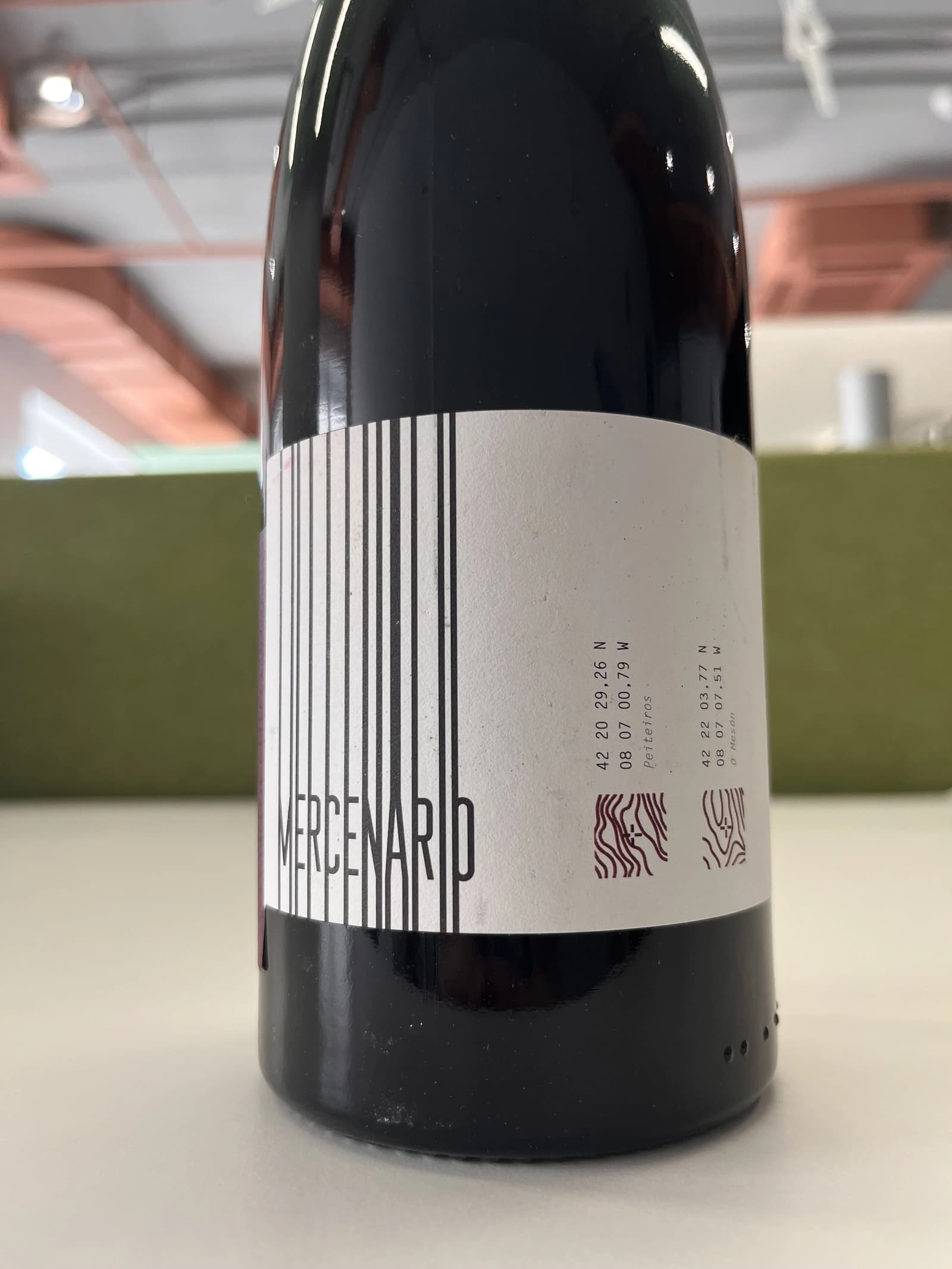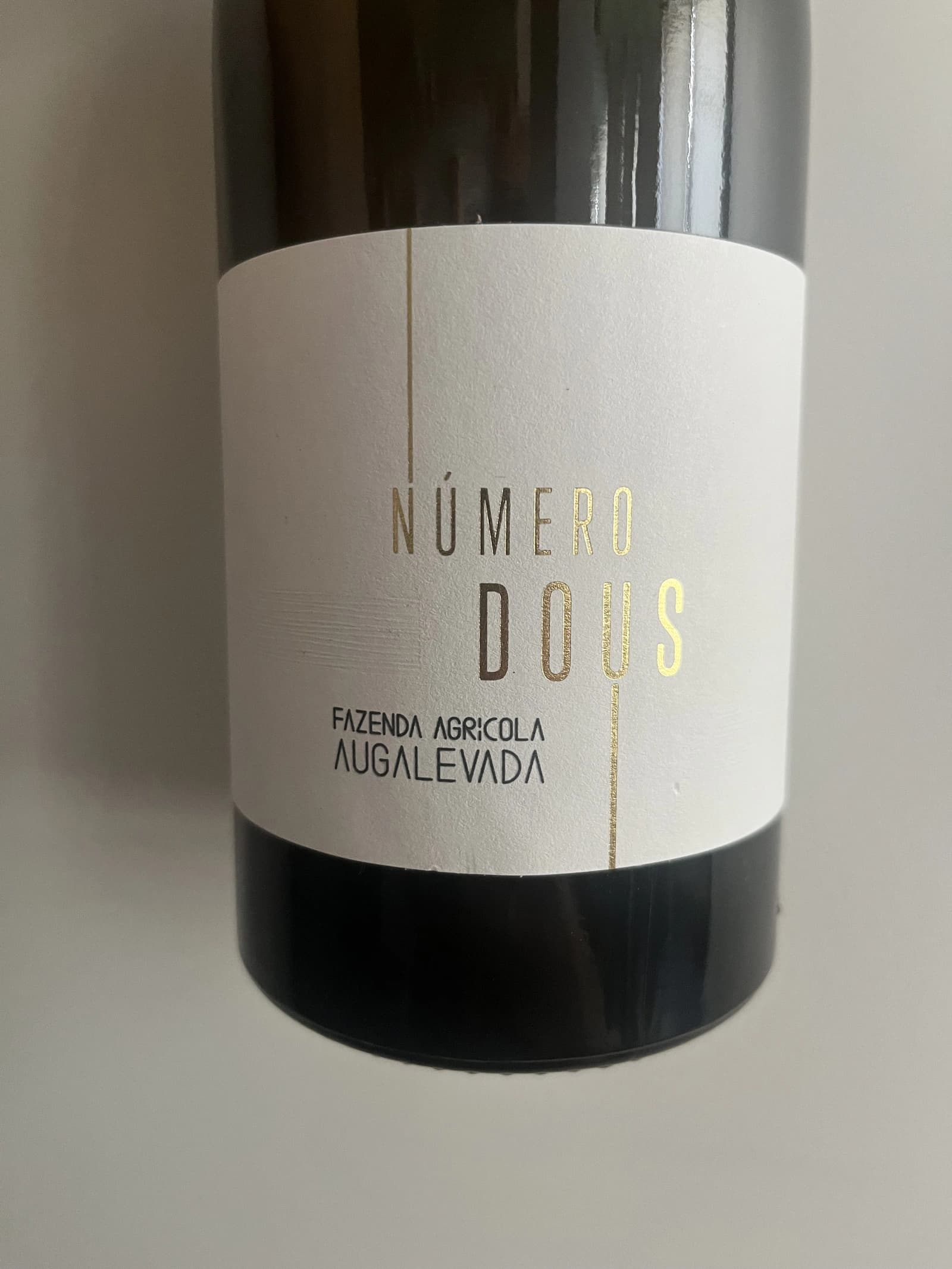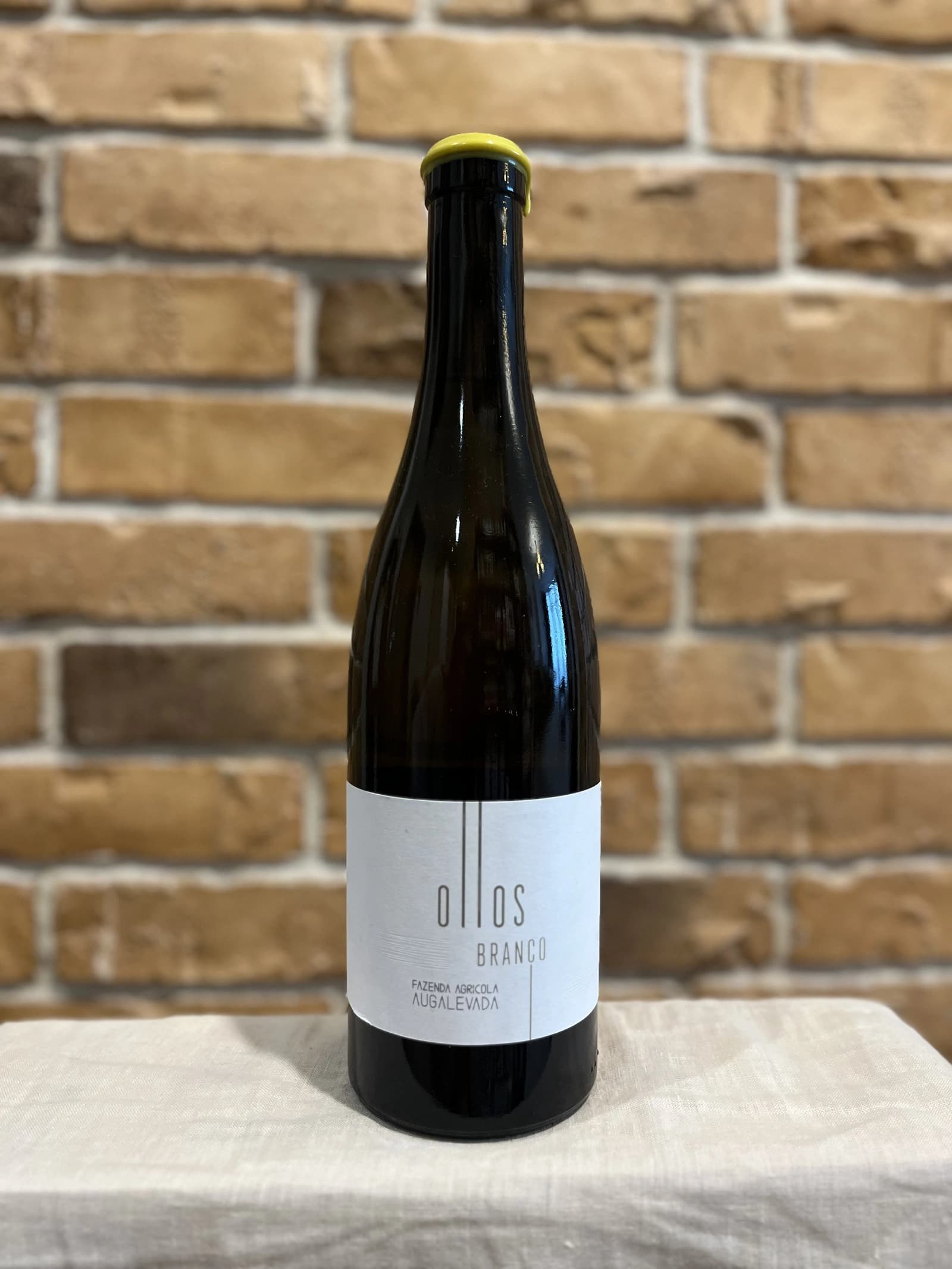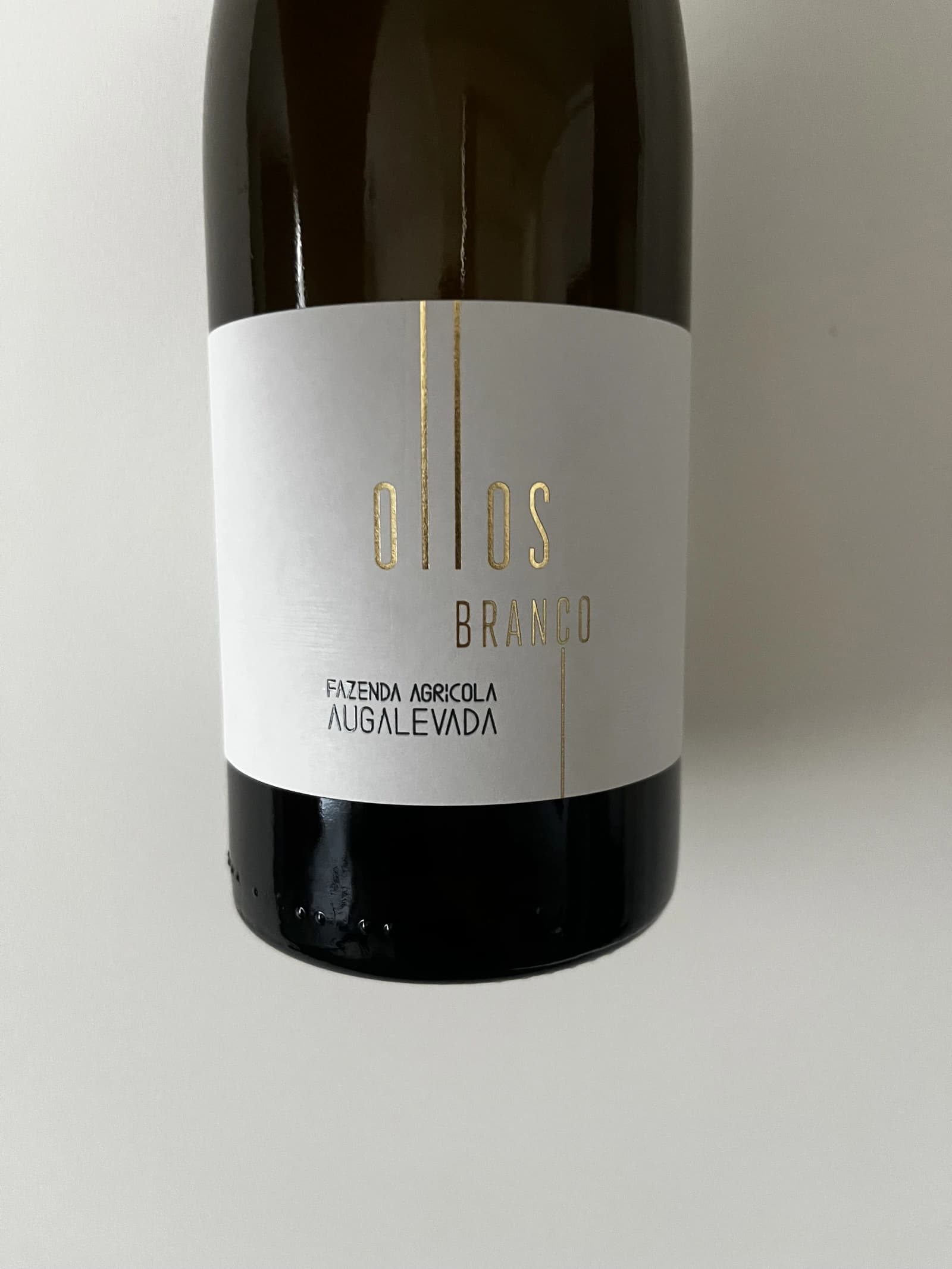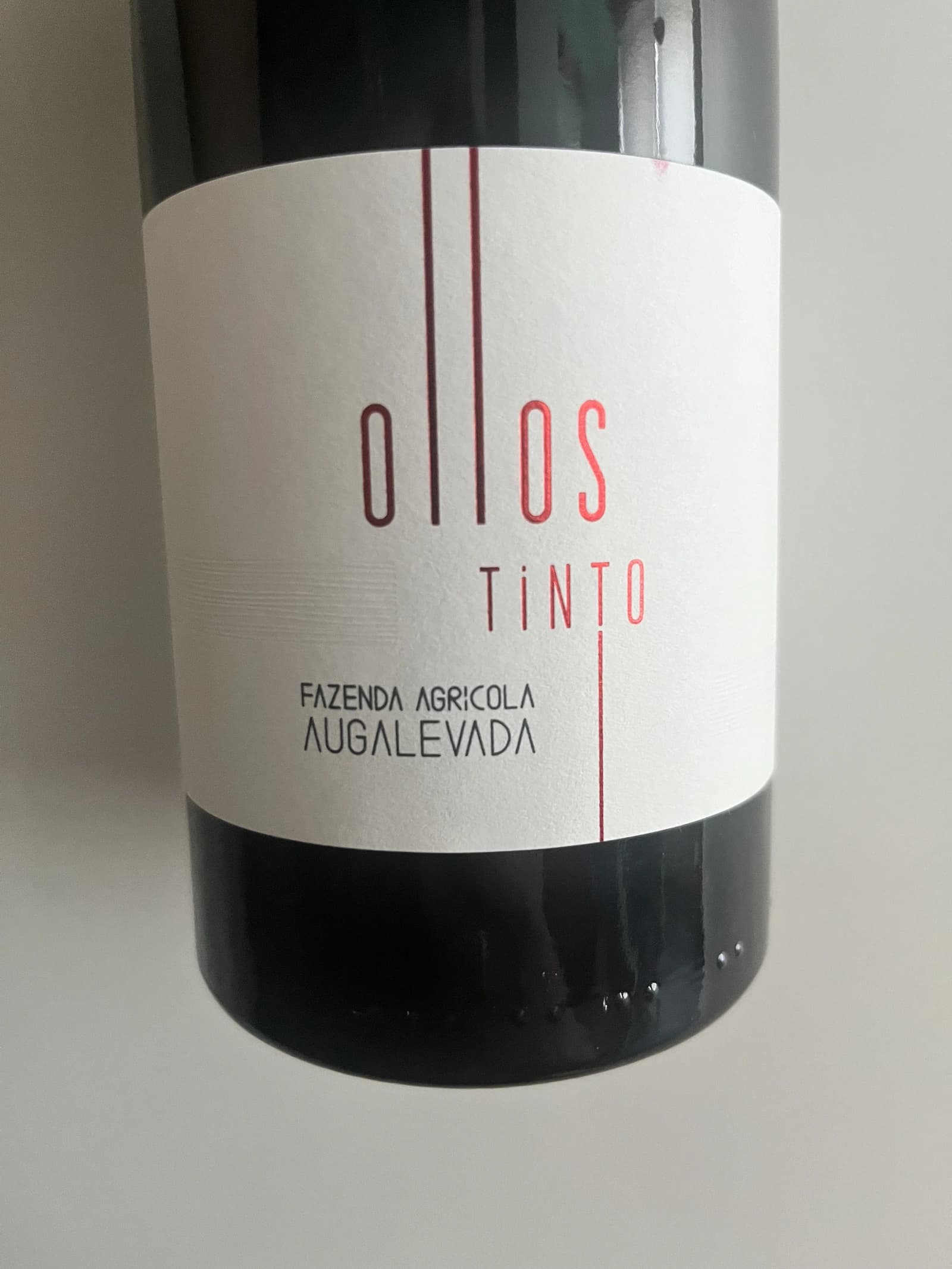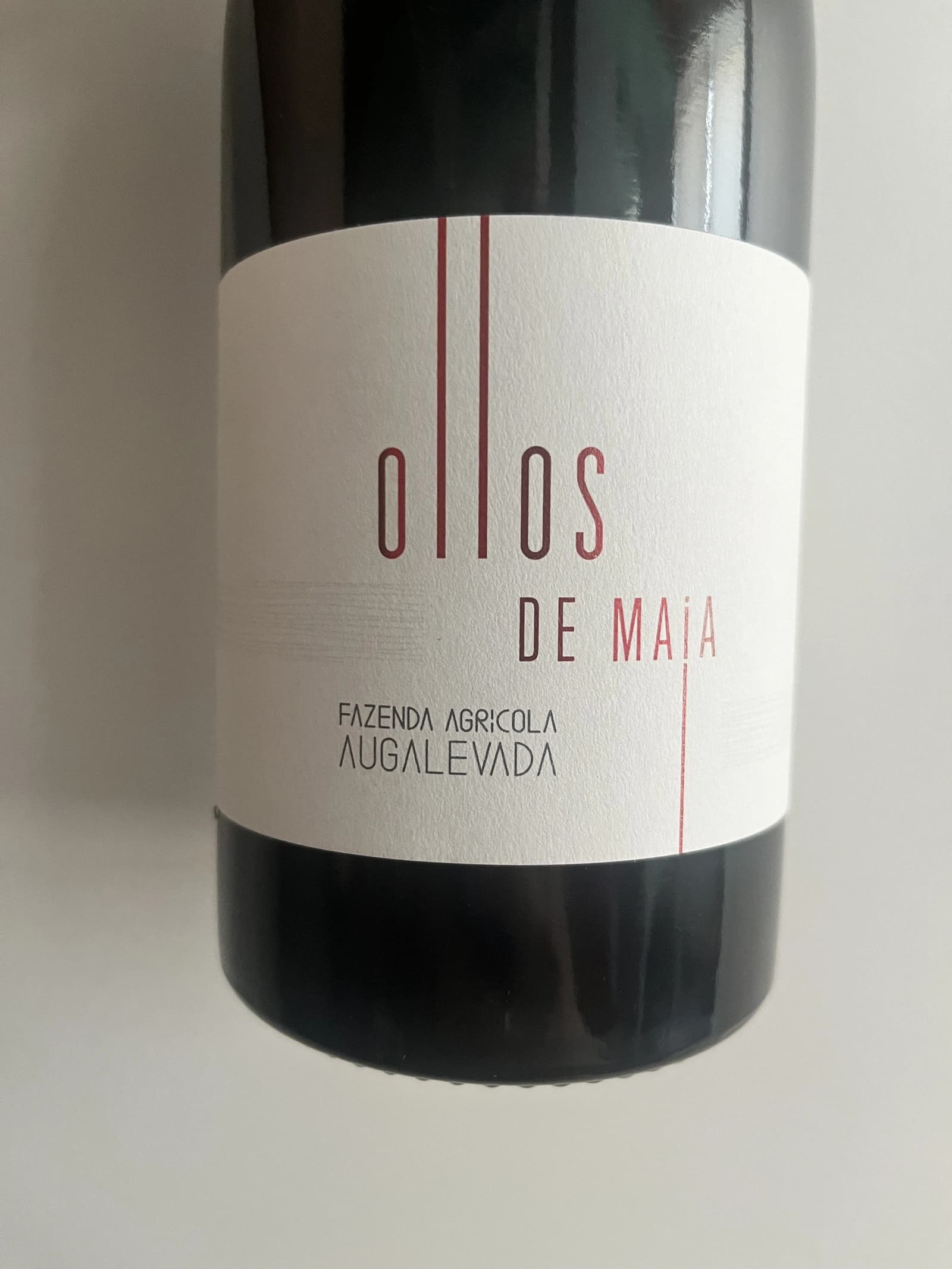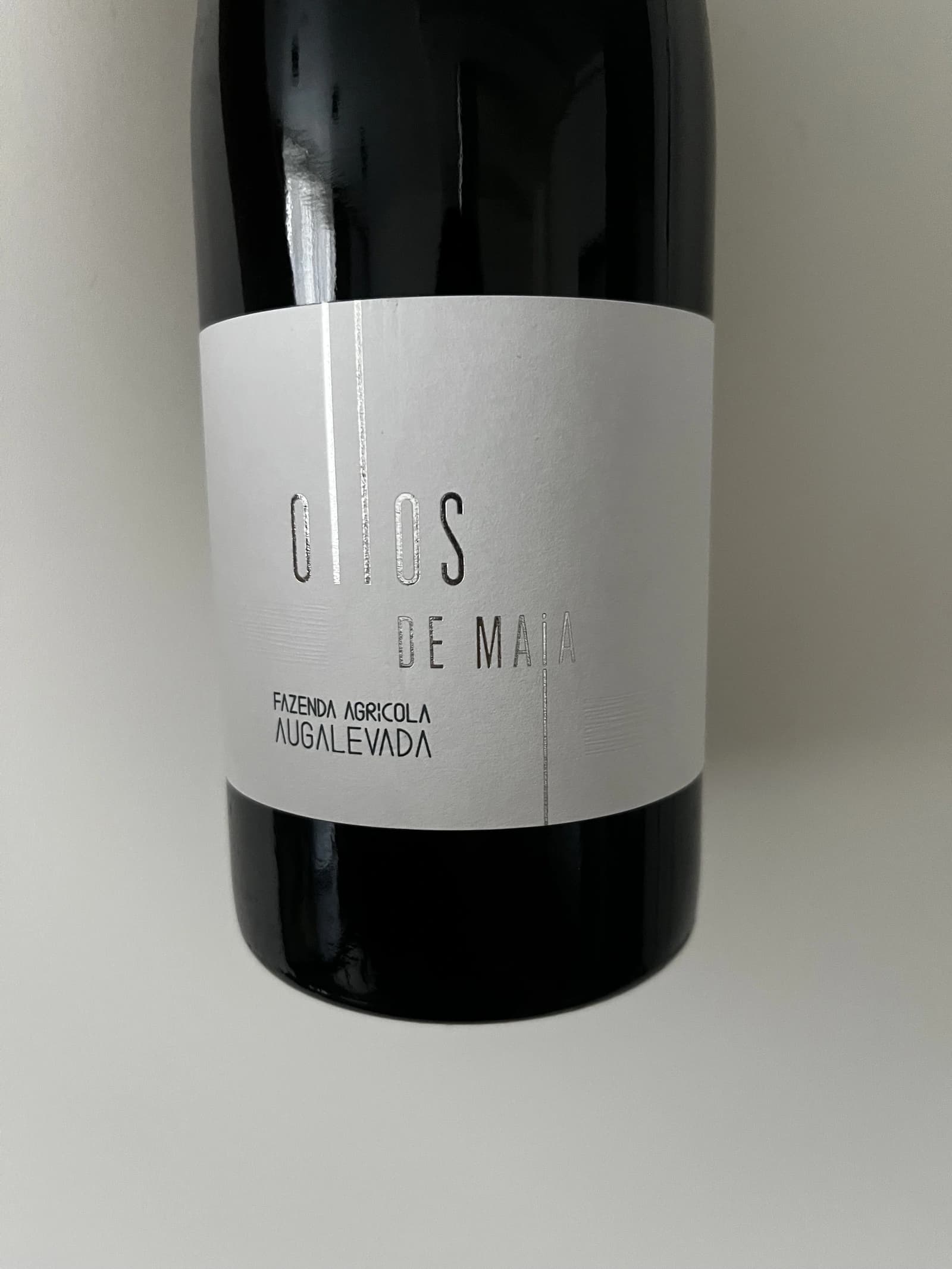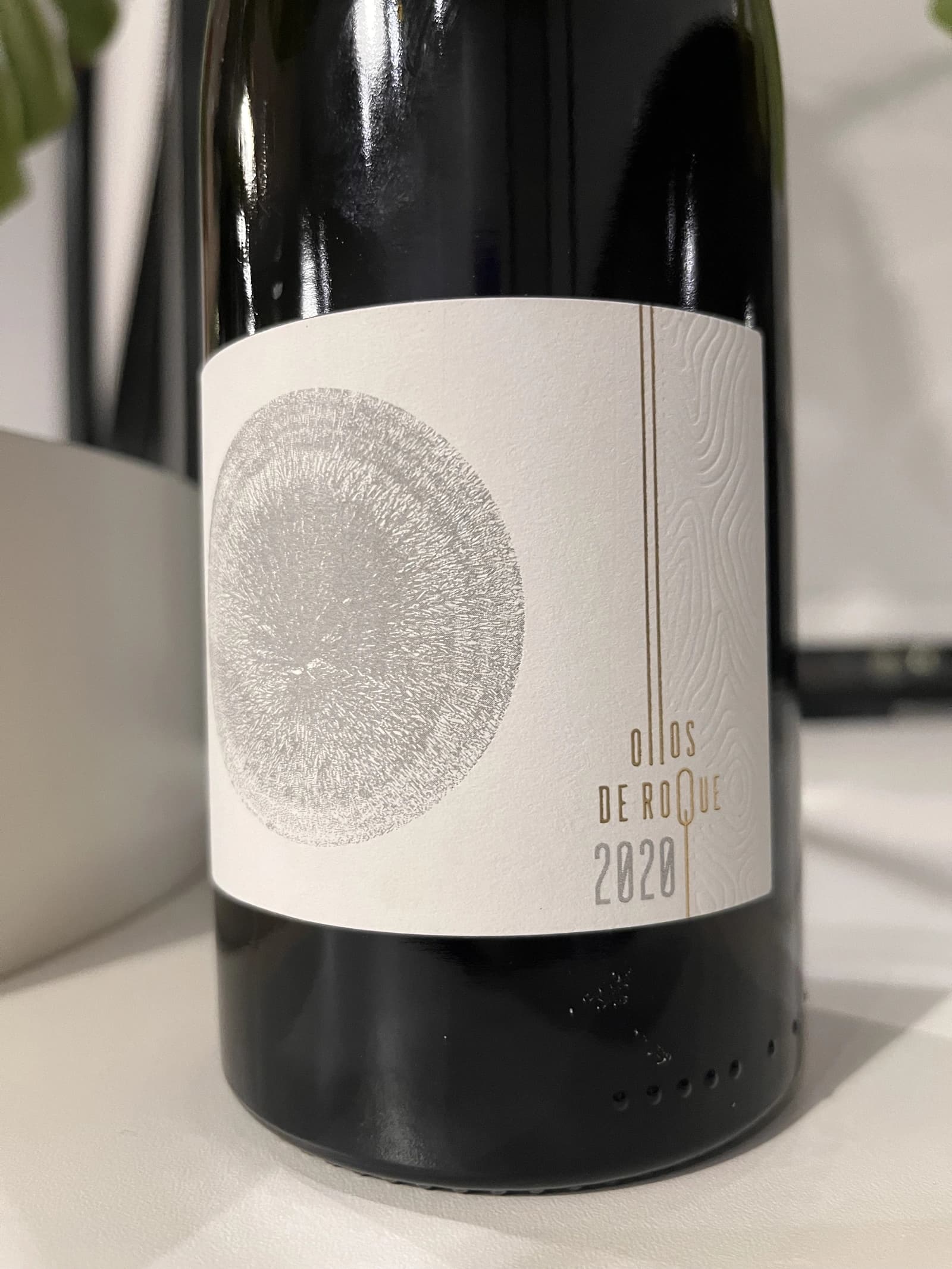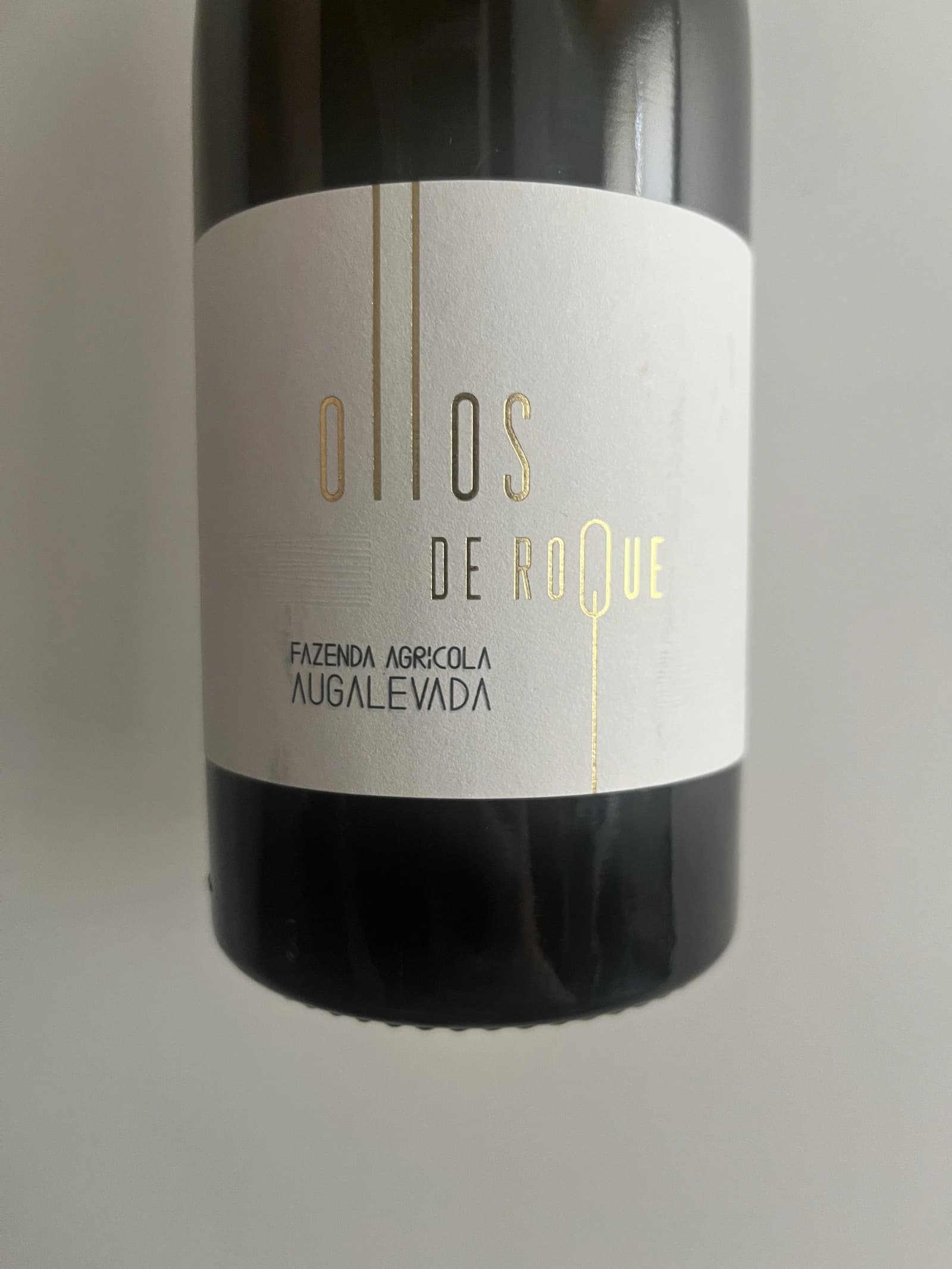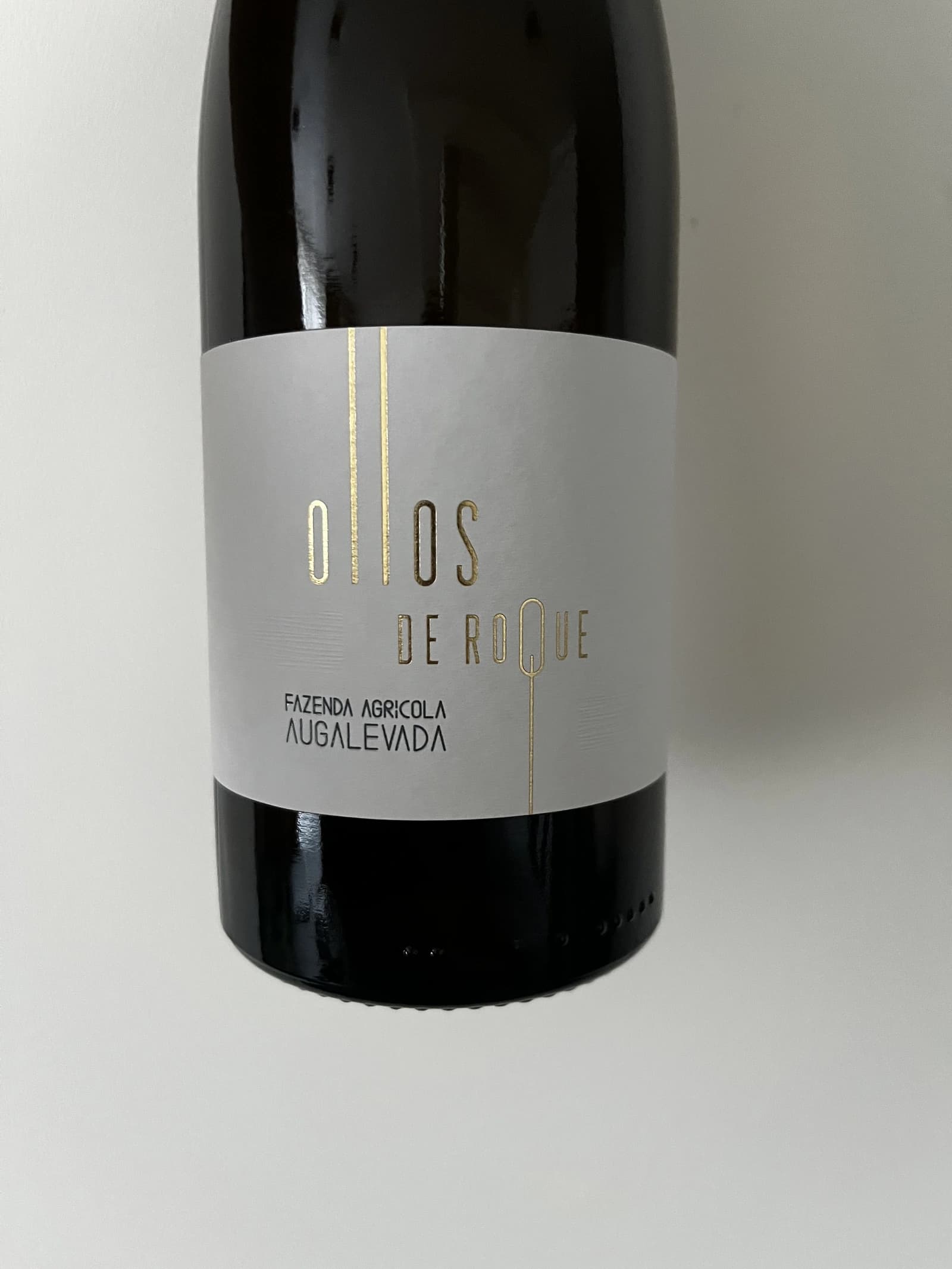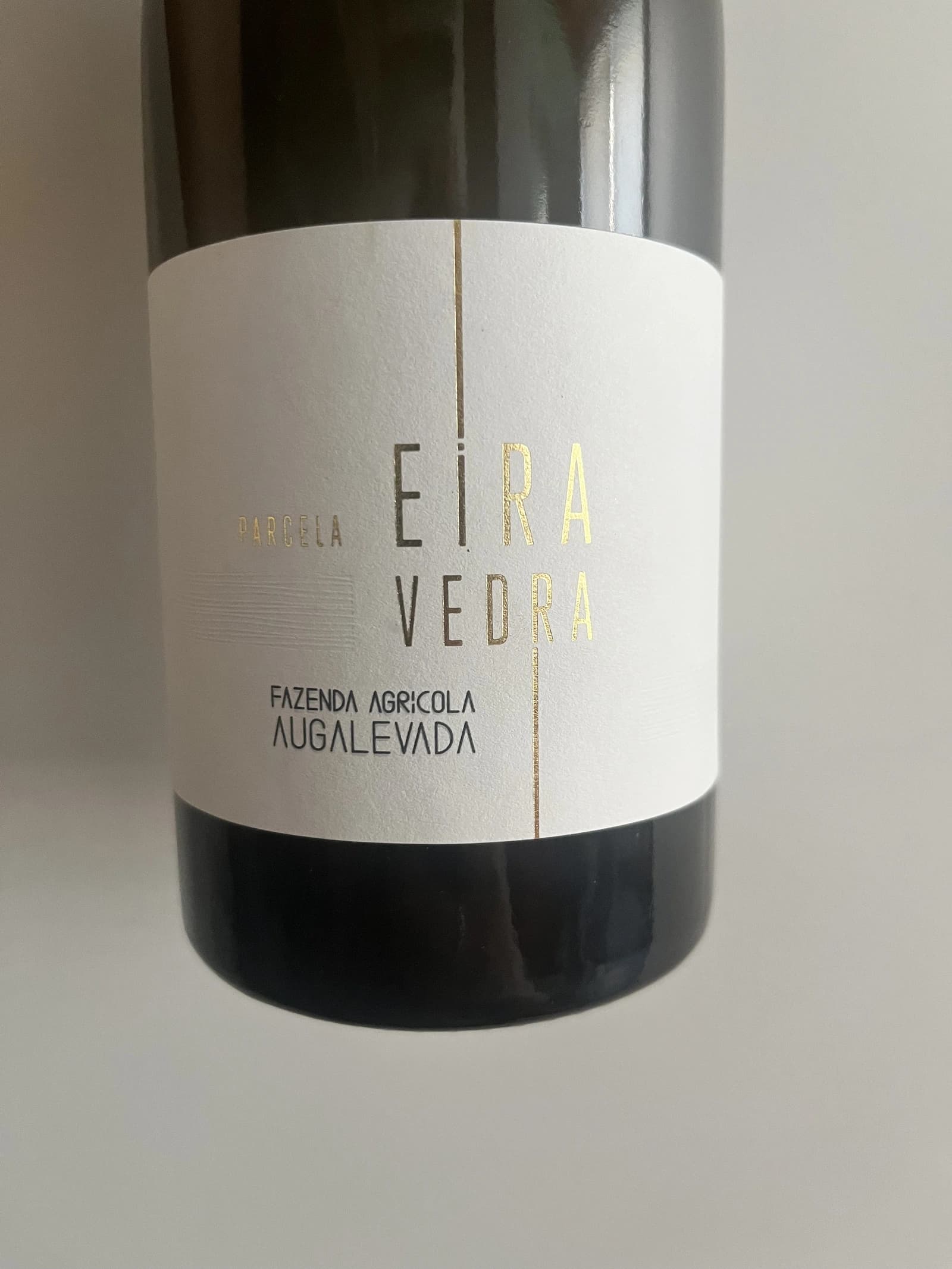Fazenda Agricola Augalevada Mercenario branco 2021
- Region
- Spain » Vino de Mesa
- Type
- white still, dry
- Producer
- Vintage
- 2021
- Grapes
- Treixadura, Albariño, Torrontés, Palomino
- Alcohol
- 11
- Sugar
- 0.3
- Volume
- 750 mL
- Cellar
- not available
- Find at
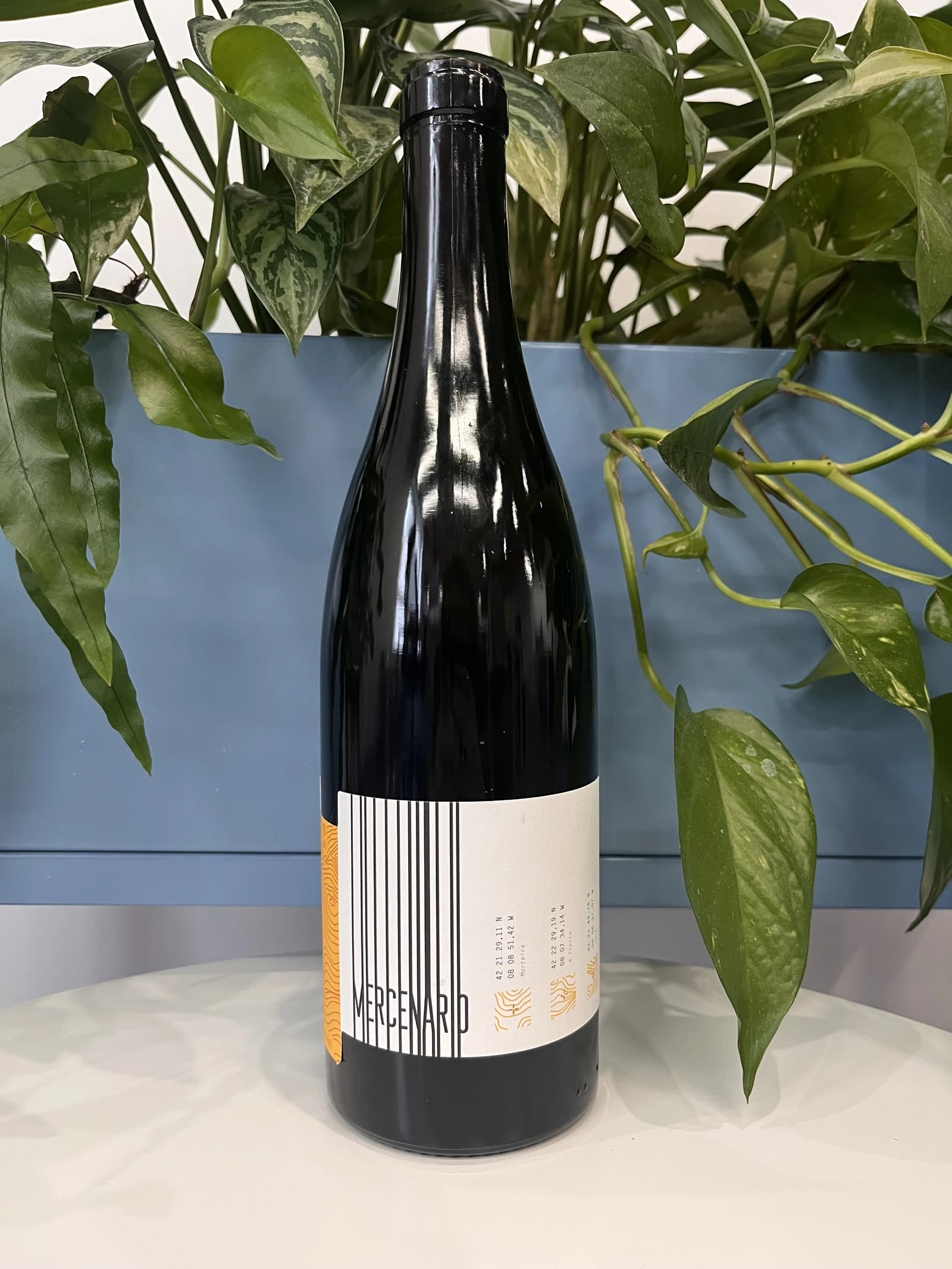
Mercenario Blanco is crafted by blending four grape varieties: Treixadura, Albariño, Torrontés, and Palomino. The primary source of grapes for this wine is the Manolo de Traveso vineyard, known for its clay-rich soil and granite bedrock, situated among some of the highest vineyards in the Miño River Valley. Additionally, a portion of the Treixadura grapes is sourced from the decomposed granite vineyard in the Arnoia Valley, while the Albariño grapes hail from the lower Miño area in Filgueira. Smaller vineyard parcels can also be found scattered across the three valleys: Arnoia, Avia, and Miño.
The primary fermentation starts in stainless steel with low temperatures. After fermentation, they are transferred to an equal mixture of 400-litre amphoras and 600-litre stainless steel tanks for around ten months of ageing.
Ratings
Last release of this label and boy, has it developed beautifully. The acid that used to bite like an angry terrier has finally learned some manners - still vibrant but no longer assault and battery. This drinks like aged Champagne that forgot its bubbles somewhere, all toasted and savoury depth. Classic Iago - it's not about fruit, though bruised apples and yellow stone fruits drift through the flor haze. For those who get the whole flor thing, this is dangerously easy drinking now. Bittersweet to see this label go, but what a way to bow out.
Well hello, biological aging! With time, this wine has lost even more fruit, making the voile-like notes more apparent. Some love it, some hate it, but it's hard to stay indifferent. Yes, it kind of strips the wine of its origin traces, but this one is so well crafted and delicious. Mineral, sophisticated, wonderfully balanced, with an almost eternal aftertaste. For new releases, look for Ollos Branco as Mercenario is no longer made.
The time has passed and the 2021 Mercenario branco is ready. It is generous, open and delicious. A charming mix of marzipan, yellow apple, lemon, sea breeze, propolis and pear candy. Salty, voluminous and well-balanced. Easy to confuse with slightly oxidated Savagnin. Great value.
Mercenario has a youthful and aromatic bouquet dominated by pear candy and a sea breeze with a touch of honey. Not easy to extract descriptors from this wine, but it's definitely pleasant. Medium-full bodied with oily structure, fresh and well-balanced. I love the salty profile with notes of baked pear and honey. Need to taste again in few months.
About Producer
There are few viticultural regions as dramatic, wild, and diverse as Ribeira Sacra. Being a boundary between the cool, rainy Atlantic coast and Spain's hot, dry interior, Ribeira Sacra enjoys the best and the worst of the two domains. The main threats to viticulture are the storms that blow in from the Atlantic, bringing plenty of rain and wind; and morning fogs. A paradise for fungus. And yet people grow vines and make wines here. Some locals even practice organic and biodynamic farming. And that's truly heroic.
Among them is Iago Garrido. Due to constant rain and humidity, mildew growth becomes almost uncontrollable in the region. As a result, vineyards require more frequent copper and sulfur treatments compared to other drier wine regions. The majority of the vineyards where Iago works are inaccessible by machines, therefore, most of the work is done by hand. This inaccessibility also motivates growers to use chemicals as manual labor is too expensive if the wines cannot be sold for a price to offset the extra cost. Despite these challenges, Iago sticks to organic farming with biodynamic practices.
In 2014, Iago released his first wine called Ollos de Roque (Eyes of Roque). He produced two versions of it; a commercial variant and an experimental one called Número Dous (Number Two in Galician), which he kept for private use. The former was aged in oak barrels, while the latter was vinified in buried amphorae and aged under the influence of flor. Initially, Iago thought that using amphorae was a mistake, so he decided to sell the oak version. However, his friends started to tell him how much they liked Número Dous, and Iago also found the same pleasure in this wine.
Número Dous provided Iago with a clear path, and what was a mere accident to avoid in the future became the central focus of the entire range. Nowadays, all his wines have varying levels of flor influence (even red wines).
The Mercenario range of wines is made from fruit that has been purchased or sourced from vineyards that are farmed by Iago, but not owned by him. Iago follows organic or biodynamic practices in the vineyards he works with, while some vineyards are a mix of organic and conventional depending on the grower. Only grapes from exceptional sites are accepted from conventional growers, and they make up a very small proportion of the overall fruit. Additionally, Iago is constantly encouraging the growers he works with to switch to organic farming methods.
Related Wines
